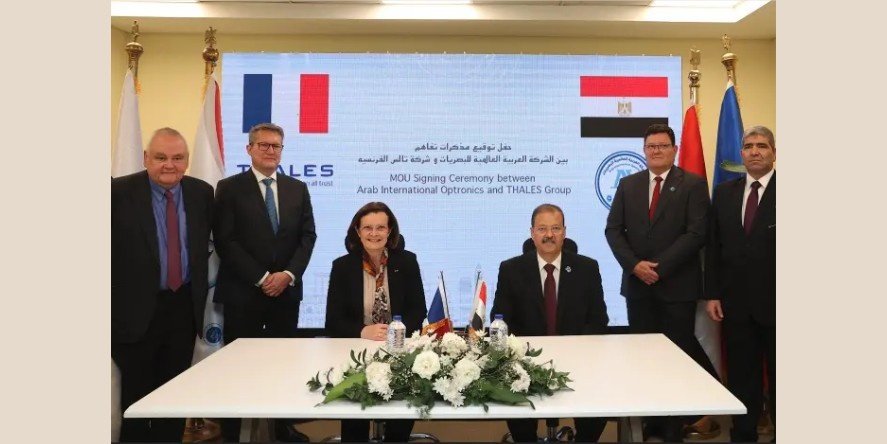Marseille, France — Orange has announced the successful first landing of the Medusa subsea cable system in Marseille, marking a major milestone in the rollout of the 8,700 km Mediterranean digital corridor that will link North Africa and Southern Europe with enhanced data capacity, resilience, and connectivity.
The Medusa system, developed under a consortium led by AFR-IX Telecom with contributions from partners including Orange, Alcatel Submarine Networks, and the European Investment Bank, represents a landmark project in Mediterranean digital infrastructure. The first phase of deployment is scheduled to be ready for service in early 2026.
The cable’s landing in Marseille reinforces France’s growing status as a digital hub in the Mediterranean basin, serving as a critical link for data exchange between Europe, Africa, and the Middle East. Once complete, Medusa will connect multiple coastal cities across France, Spain, Portugal, Italy, Greece, Cyprus, Egypt, Algeria, Morocco, Tunisia, and Libya, integrating both EU-backed investments and regional telecom partnerships.
Michael Trabbia, Chief Technology and Innovation Officer at Orange, noted that the project strengthens Europe’s digital sovereignty and network resilience, aligning with the EU’s Global Gateway strategy:
“The Medusa cable is a strategic investment in Europe’s digital independence and connectivity with Africa. Its arrival in Marseille marks the beginning of a new era for secure, high-capacity data exchange and collaboration across the Mediterranean.”
The Medusa system is being implemented as part of a public-private partnership, co-financed by the European Union and the European Investment Bank (EIB). The initiative also aligns with Orange’s broader vision to expand high-capacity network infrastructure and support the retirement of older systems such as SEA-ME-WE3, while complementing existing networks like SEA-ME-WE4 and SEA-ME-WE5.
Once operational, Medusa will deliver up to 480 Tbps of design capacity, improving latency and redundancy while enabling the development of smart urban infrastructure, cloud interconnections, and regional digital economies across Europe and North Africa.















